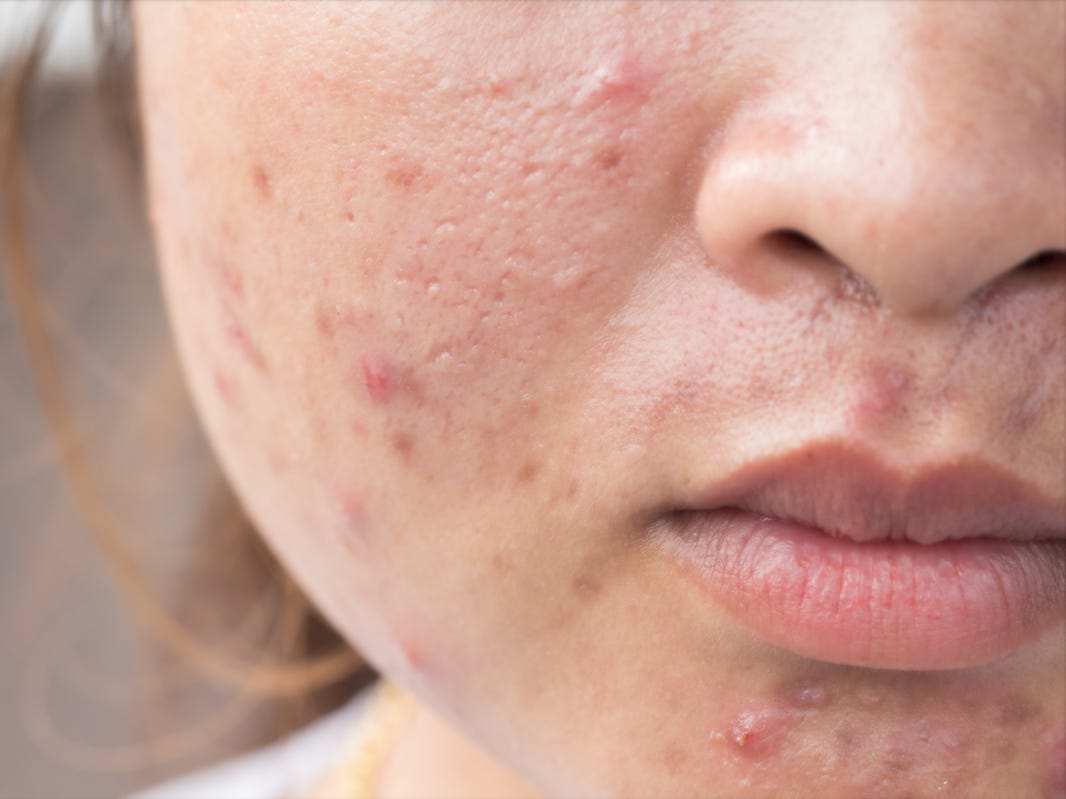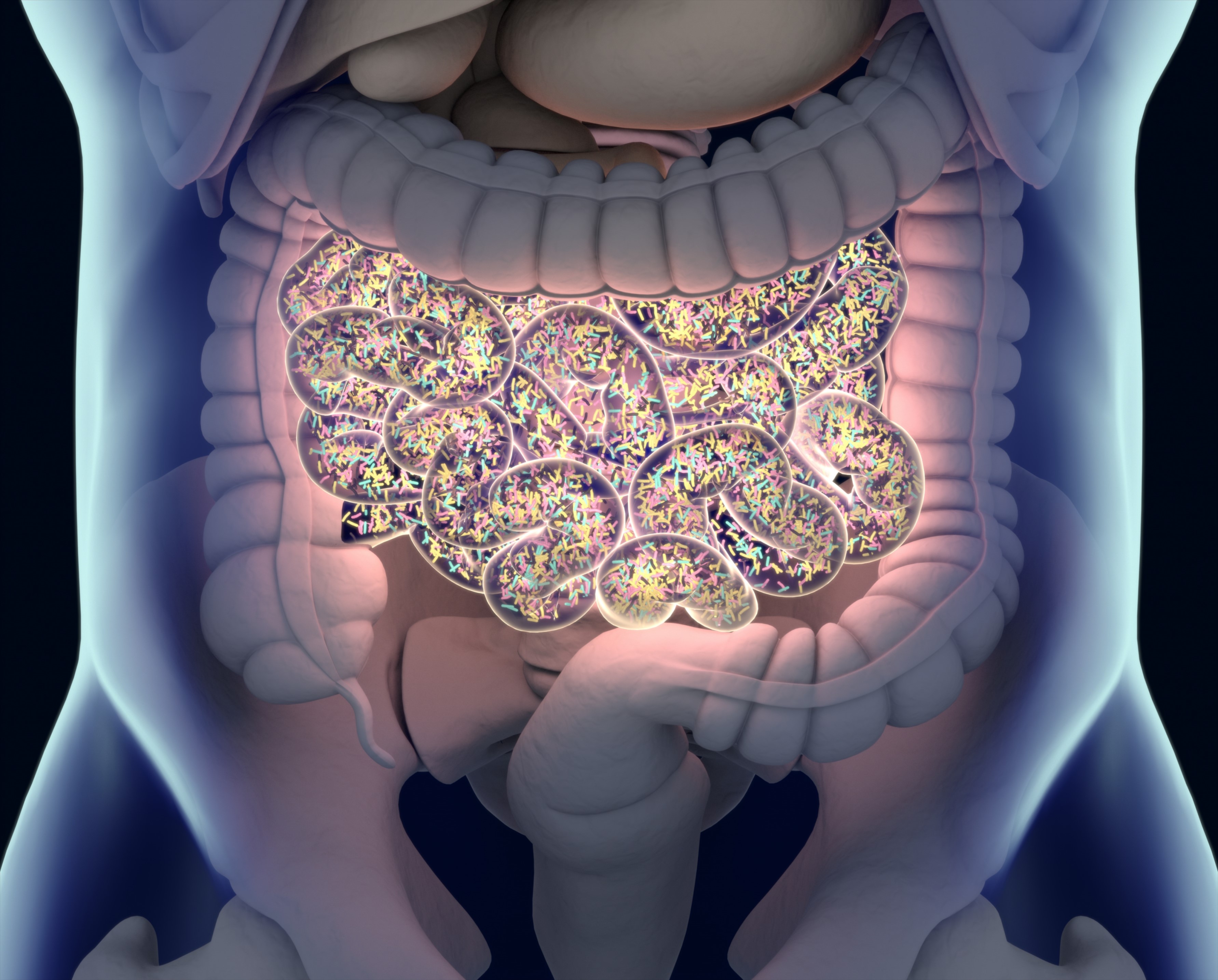That coveted “pregnancy glow” may just be oily skin or a sign of an impending breakout.
There’s no one culprit to blame for what causes acne when you’re pregnant, but dermatologists think that part of it has a lot to do with the same reason teenagers breakout: hormones. In particular, a type of hormone called androgens.
“Androgen hormones produced during adolescence drive oil productions, which creates a hospitable environment for the acne-causing bacteria to overgrow,” Caren Campbell, a dermatologist in San Francisco, says.
But just because you’re breaking out doesn’t necessarily mean you’re pregnant. While acne can be an early sign of pregnancy for some, using acne as a marker for pregnancy would be highly ill-advised, according to Campbell.
Pregnancy acne can start anytime
Acne can crop up anytime during pregnancy since your androgen levels, and consequential oil production, increase early on in pregnancy.
But be prepared for your third trimester, when your androgen levels are extremely high and acne can get especially bad.
Turns out, androgens help prepare the cervix for labor, which may explain why they increase as you near full term.
How severe your acne is during pregnancy varies from person to person. For some, the extra oil, or sebum, production can be more subtle, resulting in that coveted pregnancy glow.
But in others — especially those who had acne as a teen — they’re more likely to experience acne breakouts during pregnancy, according to Campbell.
In a 2017 study published in the Journal of Dermatology, Venereology, and Related Fields, 90% of participants who had acne during pregnancy were experiencing acne before they became pregnant.
“While it seems a previous history of acne is the strongest risk factor for a flare of acne during pregnancy, the underlying causes of the flare have not been definitively determined,” Campbell adds.
Risk factors:
In addition to androgens, there are other factors that can increase your risk for pregnancy acne.
The immune system is thought to play a part in fighting off acne, and during pregnancy, a woman’s immune system is constantly changing, which could contribute to acne.
Additionally, if a pregnant woman is feeling extra stress, it can increase levels of stress hormones, which may trigger breakouts or worsen existing acne.
How to treat pregnancy acne
If you’re looking to treat your acne while you’re still pregnant, Campbell says to discuss treatment options with your obstetrician, even if they’re just over-the-counter products. Because many of these products contain chemicals that may be absorbed into the body and harm your baby.
Some of the safer alternatives Campbell recommends:
- Sulfur-based washes, which can help calm inflamed skin
- Antibiotics such as clindamycin, which can kill acne-causing bacteria
- Azelaic acid, a mild anti-inflammatory acid that can reduce swelling and redness
But, again, check with your OB-GYN first when making any type of health change during pregnancy, including those related to skincare.
When pregnancy acne clears up
There’s no concrete answer for when pregnancy acne will clear up, especially for those with preexisting acne.
“While no studies definitively give a timeline for acne resolution postpartum,” Campbell says, “it can be deduced that as the hormones and immune function return to baseline that the acne will also resolve if it did not exist prior to pregnancy.”
Image Source:*frank60/Shutterstock
Source:insider.com









